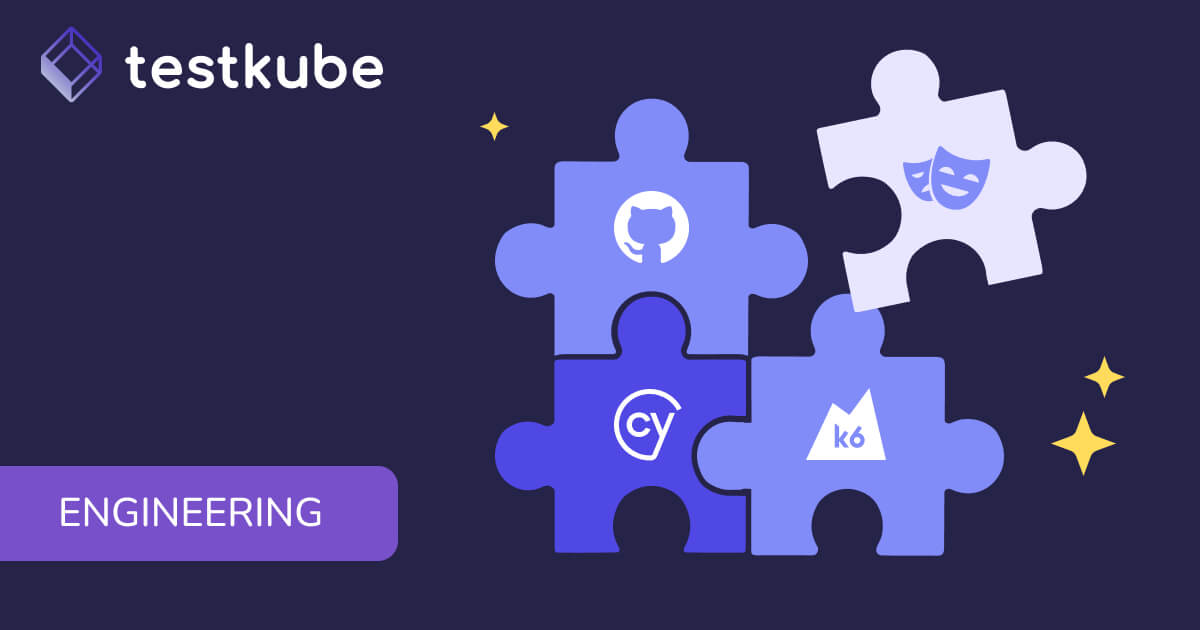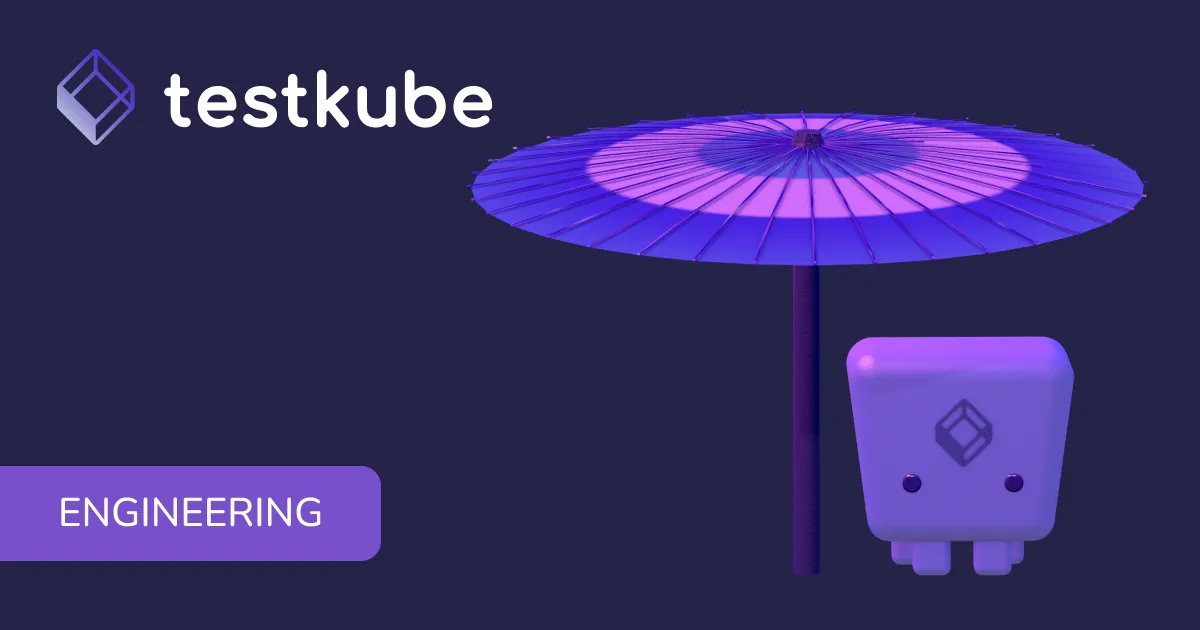Table of Contents
Further Reading
What Does Intelligent Test Orchestration Mean?
Intelligent Test Orchestration is the practice of coordinating when, where, and how tests run across an organization’s infrastructure—while continuously analyzing results and adapting execution strategies with AI-driven insights.
Traditional test orchestration focuses primarily on running tests in sequence or parallel. Intelligent orchestration goes further by:
- Using automation and machine learning to optimize test execution order.
- Incorporating real-time data from logs, results, and infrastructure.
- Identifying flaky or redundant tests and prioritizing high-value coverage.
- Dynamically scaling tests across distributed environments like Kubernetes.
It ensures testing is not just automated, but context-aware, continuously learning, and optimized for both speed and reliability.
Why Intelligent Test Orchestration Matters
Software delivery velocity has accelerated dramatically with CI/CD pipelines, AI-powered development, and cloud-native infrastructure. Without intelligent orchestration, teams often face:
- Bottlenecks in CI/CD pipelines where test queues slow down deployments.
- Unreliable results from flaky or misconfigured tests.
- Resource waste due to redundant test runs or inefficient scaling.
- Blind spots in quality when tests aren’t prioritized based on risk or coverage.
Intelligent orchestration addresses these by making testing adaptive, resilient, and aligned with modern release velocity.
Common Challenges It Solves
- Test Flakiness: Detecting and quarantining unstable tests instead of blocking pipelines.
- Execution Delays: Prioritizing critical tests and running them in parallel to reduce cycle times.
- Scaling Gaps: Leveraging infrastructure like Kubernetes to run thousands of tests without bottlenecks.
- Visibility Issues: Providing unified insights across frameworks, tools, and clusters.
- High Costs: Optimizing when and where tests run to minimize resource consumption.
Real-World Examples and Use Cases
- CI/CD Optimization: Automatically distributing API, UI, and performance tests across clusters to keep pipelines fast.
- Risk-Based Testing: Running regression tests intelligently based on code changes, commit history, or detected patterns.
- Multi-Cluster Scaling: Executing geo-distributed load tests to simulate real-world conditions while managing costs.
- AI-Driven Debugging: Using orchestration logs and AI insights to detect systemic issues across test suites.
How Intelligent Test Orchestration Works with Testkube
Testkube extends orchestration into Kubernetes-native environments with intelligence baked in:
- Executes any test tool or framework natively inside clusters.
- Uses Test Workflows to automate triggers from GitOps, APIs, or Kubernetes events.
- Provides observability with centralized test results, logs, and insights.
- Integrates AI-powered analysis for failure summaries, flaky test detection, and test recommendations.
- Adapts execution dynamically to balance speed, cost, and reliability.
This allows platform teams to provide testing as a service, developers to get rapid feedback, and organizations to scale testing alongside accelerated delivery.
Getting Started with Intelligent Test Orchestration
- Inventory Your Tests: Identify frameworks, test types, and infrastructure in use.
- Define Triggers: Choose when tests should run—commits, schedules, or Kubernetes events.
- Adopt Workflows: Map tests into orchestrated pipelines across your environments.
- Enable Insights: Use observability and AI-driven analysis to refine execution strategies.
- Scale Gradually: Start with core pipelines, then expand to multi-cluster orchestration.





